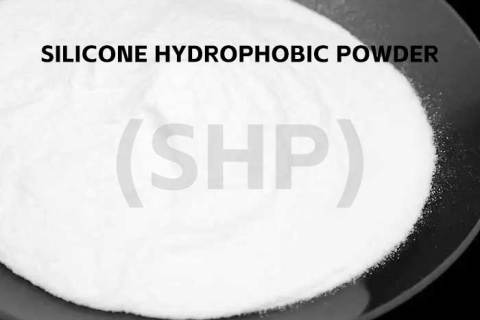
- Home
- >
News
Industrial buildings, warehouses, logistics centers, and parking structures rely on durable concrete floors to withstand heavy traffic, mechanical loads, and long-term use. Yet, many projects face recurring problems:
The construction industry in South Korea faces increasing demands for high-performance, durable, and environmentally friendly materials, especially in:
In modern construction material production, lithium carbonate is often introduced as a performance-enhancing component, helping manufacturers meet higher requirements for durability, stability, and processing efficiency.
In the construction industry, Polyvinyl Chloride Paste Resin is widely used in coatings, coverings, and flexible building materials, playing an important role in both functional and decorative applications.
Silicone Hydrophobic Powder (SHP) is a highly effective water-repellent additive designed for modern construction materials. It is widely used in dry-mix mortars, plasters, tile adhesives, renders, and cement-based systems where long-term water resistance and durability are required.
Hydroxyethyl Cellulose (HEC) is a non-ionic, water-soluble cellulose ether derived from natural polymer cellulose through etherification with ethylene oxide. It features excellent thickening, water retention, and film-forming properties, making it a key additive in construction materials.
Lithium silicate is an essential inorganic chemical widely used in the construction materials industry. As a chemical materials supplier integrating both manufacturing and trade, our company provides high purity lithium silicate with stable quality and consistent performance for global customers.
While traditional surface coatings often fail to provide lasting protection, Silicone Hydrophobic Powder, as an innovative water-repellent additive, can create a durable waterproofing barrier from within the material.
Hydroxypropyl Methyl Cellulose (HPMC): An Indispensable Performance Additive for Modern Construction Mortars In the modern construction industry, the performance of mortar directly determines the quality and durability of a project. To meet high-standard requirements, mortar must have excellent water retention, thickening, and adhesion. Hydroxypropyl Methyl Cellulose (HPMC) serves a vital role as a key mortar additive in these areas. It improves the rheological properties of mortar, ensuring the quality of both the application and the final construction.
In the hot and humid climate of Southeast Asia, concrete and various Building Materials are highly susceptible to a common and frustrating phenomenon: efflorescence. This white crystalline substance not only severely impacts the aesthetic appeal of Building Materials but also hints at potential structural weaknesses within the material. Traditional surface-level treatments often fail to provide a lasting solution. Our Lithium Carbonate, as a highly effective Concrete Additive, is fundamentally changing this by offering durable, intrinsic protection for concrete projects in the region.
Silicone Hydrophobic Powder (SHP) is an innovative choice for the modern construction industry to combat water damage. With its unique intrinsic waterproofing mechanism, it provides building materials with durable, reliable, and highly effective protection, safeguarding a building's longevity and aesthetic appeal.
While Polyvinyl Chloride is widely recognized for its use in decorative Building materials like flooring and wallpaper, PVC paste resin extends its application to critical, functional areas within the Building industry. Its unique paste-like consistency and ability to form a durable, waterproof solid make it an ideal choice for applications where reliability and performance are non-negotiable.












